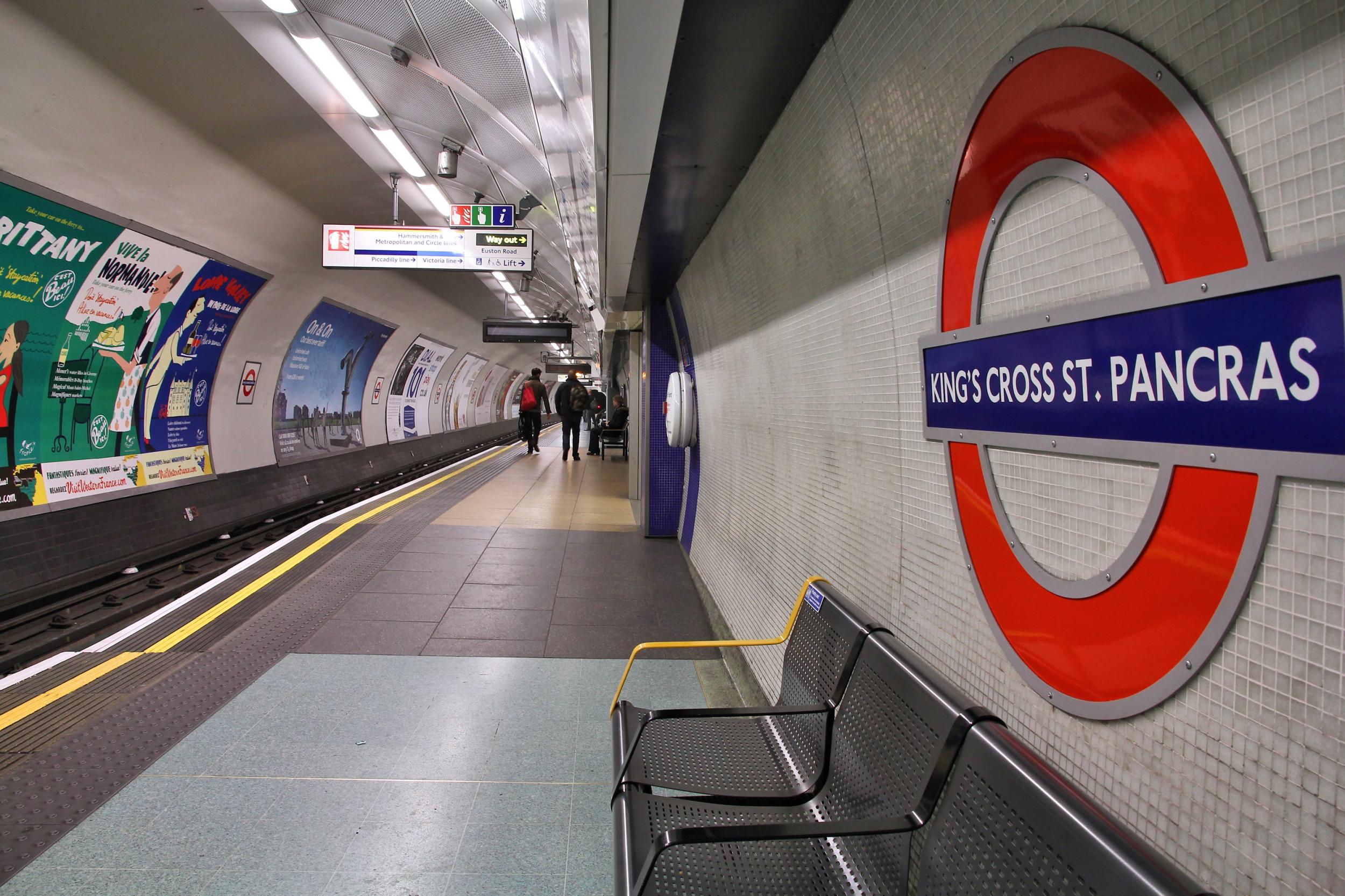London commuters with longer journeys more likely to get sick, says study
Commuters who change trains at busy interchanges are more vulnerable to flu

London commuters who have longer journeys or use busy interchange stations are most vulnerable to airborne infections, according to a new study that proves there is a link between underground travel and infection.
The risk of passengers picking up flu-like infections is higher if they have longer journeys or change lines at crowded London interchanges, where they will come into contact with more people.
Around five million passengers use the Tube every day, with more than 543 trains running during peak times.
The study found that infection rates for residents of Islington, who are more likely to change lines at crowded King's Cross St Pancras, were nearly three times higher than for commuters from Kensington, who would typically take direct trains.
Flu cases were lower in London boroughs that are served by more underground lines, as it means faster trips for commuters, fewer stops and less contact with others. Lower flu rates were also found in boroughs where the population didn’t rely on public transport as the main form of transport.
The study, by Dr Lara Goscé from the University of Bristol’s Department of Civil Engineering and Dr Anders Johansson from Bristol’s Department of Engineering Mathematics, was published in Environmental Health.
They compared Oyster card route information and Public Health England data on flu-like illnesses.
“Higher rates [of influenza-like cases] can be observed in boroughs served by a small number of underground lines: passengers starting their journey in these boroughs usually have to change lines once or more in crowded junctions such as King’s Cross in order to reach their final destination,” said Dr Goscé.
In September, The Independent reported that plastic airport security trays have more respiratory viruses than public toilets.
Subscribe to Independent Premium to bookmark this article
Want to bookmark your favourite articles and stories to read or reference later? Start your Independent Premium subscription today.

Join our commenting forum
Join thought-provoking conversations, follow other Independent readers and see their replies